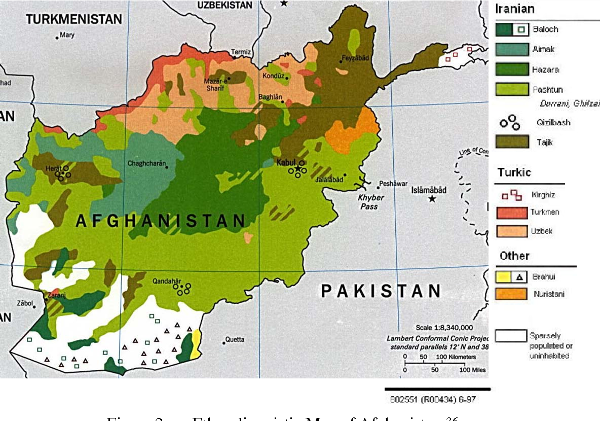image1
Introduction
Afghanistan is a country with ethnic, linguistic, and religious diversity that has faced numerous challenges in the areas of power distribution and political stability throughout its history. Federalism, as a political system based on the division of power between federal and state levels, has been proposed as a solution to these challenges.
Advantages of Federalism
Equitable distribution of power: Federalism can help to distribute power equitably among the different ethnic groups in Afghanistan and prevent the concentration of power in the hands of a particular group.
Increased political participation: Federalism can help to increase political participation at the local and national levels and give people a greater role in decision-making affecting their lives.
Reduced ethnic tensions: Federalism can help to reduce ethnic and religious tensions in Afghanistan and contribute to the creation of a peaceful and stable society.
Economic development: Federalism can help to promote economic development in Afghanistan and allow each state to fully utilize its resources and capabilities.
Challenges of Federalism
Complexity: Federalism can be more complex than centralized systems and requires strong bureaucracy and administrative structures.
Cost: Federalism can be more expensive than centralized systems because it requires two levels of government (federal and state).
Weak central government: In some cases, federalism can lead to a weak central government and its inability to implement national policies.
Separatism: In some cases, federalism can lead to separatism and secessionism in the states.
Solutions
Careful design of the federal system: The federal system should be designed considering the specific conditions of Afghanistan and its ethnic, linguistic, and religious diversity.
Strengthening the central government: The central government should be strong enough to implement national policies and maintain national unity.
Building national consensus: All ethnic groups and political parties in Afghanistan must agree on the federal system and commit to its success.
Capacity building: The Afghan government must build the necessary capacity to implement federalism at various levels.
History of Federalism in Afghanistan
The idea of federalism has a long history in Afghanistan. Throughout history, it has been raised repeatedly, but it has never been fully implemented. In 1919, Amanullah Khan, the king of Afghanistan, presented a plan to establish a federal system, but the plan was met with opposition and was not implemented.
In 1964, the new constitution of Afghanistan introduced the federal system as the political system of the country. The constitution divided Afghanistan into 14 states. However, the federal system was not fully implemented in Afghanistan and was abolished in 1973 by the coup of Mohammad Daoud Khan.
Current Status
Currently, the debate on federalism in Afghanistan has started again. Some political groups and ethnicities in Afghanistan support federalism as a solution to the country’s problems.
Taliban’s Position
The Taliban has so far officially opposed federalism. They believe that federalism will lead to the disintegration of Afghanistan.
Role of the International Community
The international community can play a significant role in promoting and supporting federalism in Afghanistan. The international community can assist Afghanistan in designing and implementing the federal system.
Conclusion
Federalism can be a solution to the challenges of Afghanistan, but it must be carefully designed and implemented. Without considering the specific conditions of Afghanistan and without building national consensus, federalism can lead to new challenges in the country.











